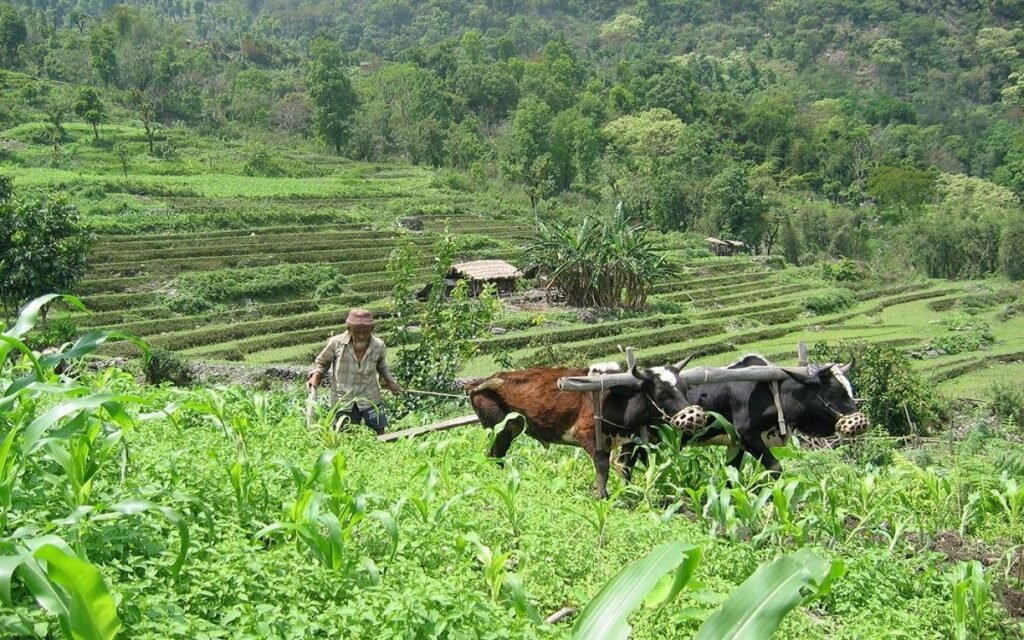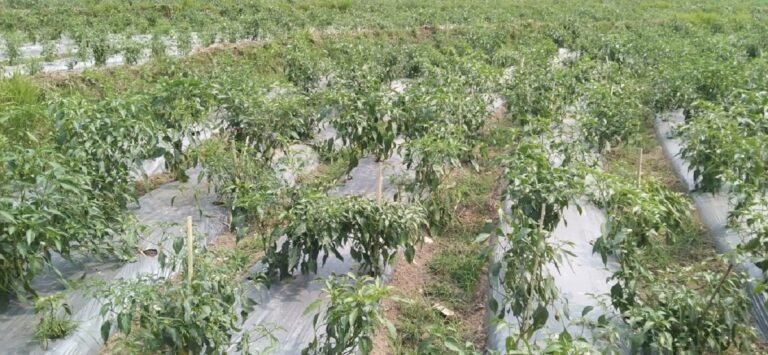
Bhutan’s MoAL plans to address rising food inflation by promoting investment, infrastructure development, and policy interventions to increase food production and access. Bhutan plans to increase paddy, maize, chili, potato, milk, and egg production to meet growing food demand, domestic production, and imports, ensuring high prices for consumers. Poor harvests, climate change, and disease outbreaks in India constrain import supply, increasing food commodity prices. Managing food inflation requires concerted efforts from various ministries and agencies. The Ministry is prioritizing domestic production of agrifood commodities to reduce food prices and imports.
They are also providing inputs and farm mechanization support to reduce labor costs. Bhutan’s Ministry invests in cold storage, warehouses, agro-processing centers, and digital platforms to improve agricultural marketing and modernize market access, aiming for a 9.8% growth in the economy. Improvements in animal production are anticipated to propel the agriculture sector’s modest growth, which is predicted to average 1.5%. Additionally, in order to encourage investment in agriculture, the Ministry is making low-interest finance accessible, for example, through the ESP, which guarantees farmers financial assistance to maintain and grow their businesses.



